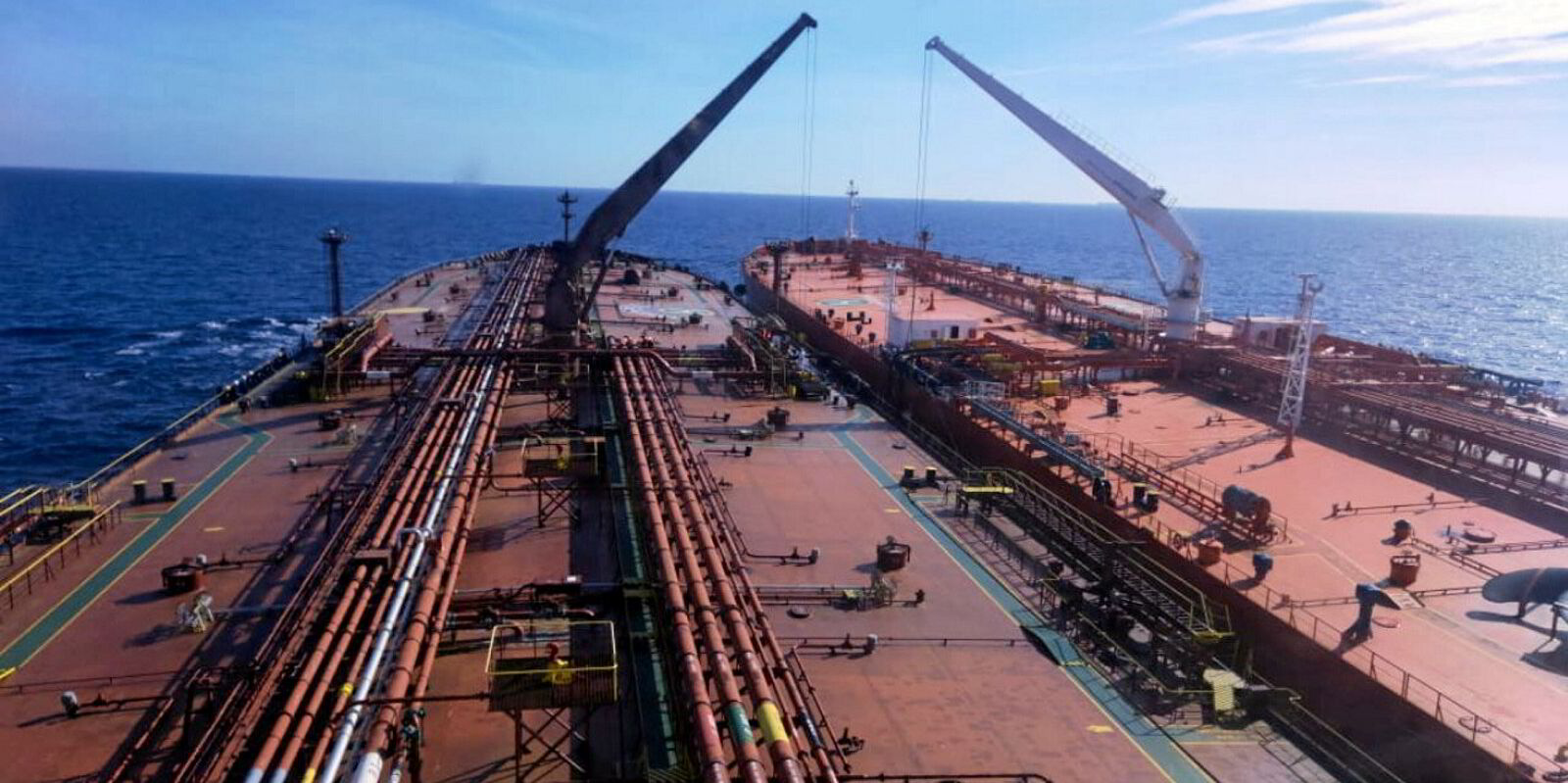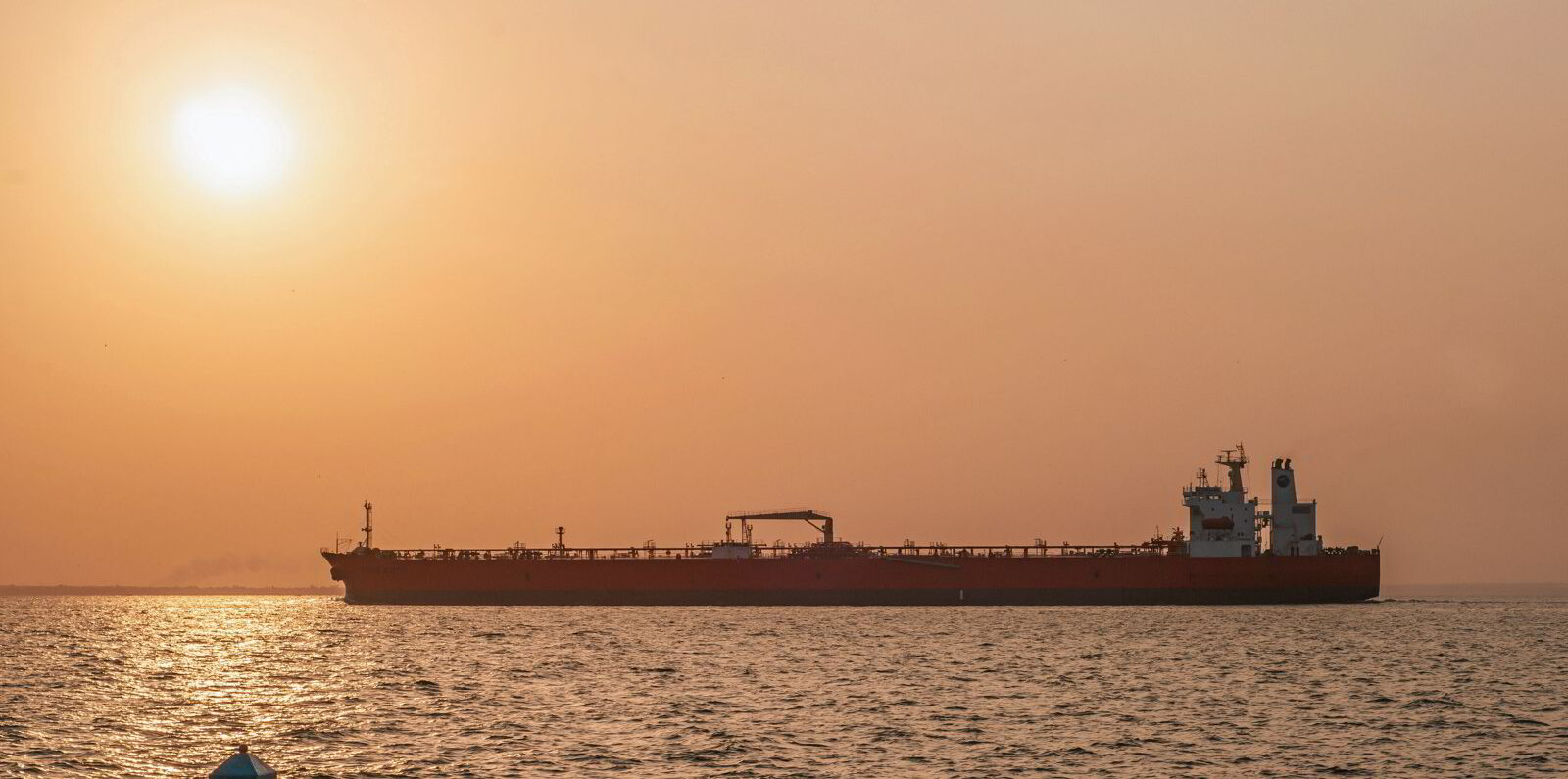There are few trends more concerning in shipping today than the risk posed by the growth of what is known as the shadow fleet or dark fleet.
And there should be few imperatives more vital than the need to prevent these ships, which operate outside the limits of the mainstream safety regime, from becoming an environmental catastrophe.
After all, since Russia invaded Ukraine more than two years ago, this fleet of ships — which are often older, without mainstream insurance and with less flag state oversight — has grown to about one-fifth of the global tanker fleet, according to insurance giant Allianz.

That the shadow fleet has flourished is a testament to the fact that the demand for tankers to move petroleum that is subject to sanctions will not go away — as the incentives to find ways to continue moving these commodities outweigh the risks for actors who are willing to stay on one side of two parallel oil markets.
Add to that the lengthened tonne-miles in a rejigged oil tanker market, and these ships might remain in operation far longer than they would have in normal markets, heightening the risk of oil spills.
Insurer Allianz pointed out in a report last month that, as sanctions restrictions have tightened, the shadow fleet has only grown.
Sanctions or enforcement mechanisms should be designed to better consider the risks of pushing ships outside safety norms, depending on how you look at it.
And the various stakeholders in maritime regulation need to work together to minimise the risk of a major oil spill.
Tymofiy Mylovanov, the president of Ukraine’s Kyiv School of Economics (KSE), told my colleague Paul Peachey that the wake-up call that spurs action may come in the form of just such a spill.
But the calls by insurers, shipping industry insiders and academics such as Mylovanov should be enough to jolt us into action.
In a recent report, KSE found that most growth of the dark fleet used to carry Russian oil has taken place by stripping mainstream vessels of their Western connections, including the purchase of older “white fleet” tankers that are moved into the shadow trades.
And it believes that some 500 aframax-equivalent tankers in the mainstream trades are “available” for similar moves, highlighting the risk of further expansion.
The school found that the shadow fleet’s share of Russian oil shipments is correlated with the rise of oil prices in the country above the price cap.

“We believe that the expansion of the Russian shadow fleet can be effectively curtailed through targeted measures,” KSE said in the report.
“Taking such steps is critical for preserving the overall leverage of the price cap, which is an integral part of the international energy sanctions regime, and addressing urgent environmental risks.”
The school recommends the expansion of blacklistings as well as tighter enforcement of oil spill insurance when vessels call in ports.
Mechanisms, through enforcement or otherwise, should incentivise ships to stay within mainstream insurance.
A tougher look at vessel sales — similar to what the European Union has been doing to prevent ship demolitions that fall outside of its recycling rules — could also help curtail the transfer of ships into the shadow fleet.
The prevalence of older tankers in the dark fleet also suggests the need for more rigorous port state control inspections. After all, older tankers are not per se unsafe, but they are at higher risk of problems and need a closer look.
Allianz also pointed out that the International Maritime Organization has called on flag states to crack down on illicit activities and enforce ship-to-ship transfer rules.
Since that call, Bloomberg has reported on evidence that the furtive oil transfers that have been common in Iranian trades are emerging in the market for Russian oil. But amid calls for stricter enforcement, safety should transcend geopolitics.

Oil will continue to flow despite sanctions, and nations on both sides of the global divide should take steps to ensure that safety comes first.




